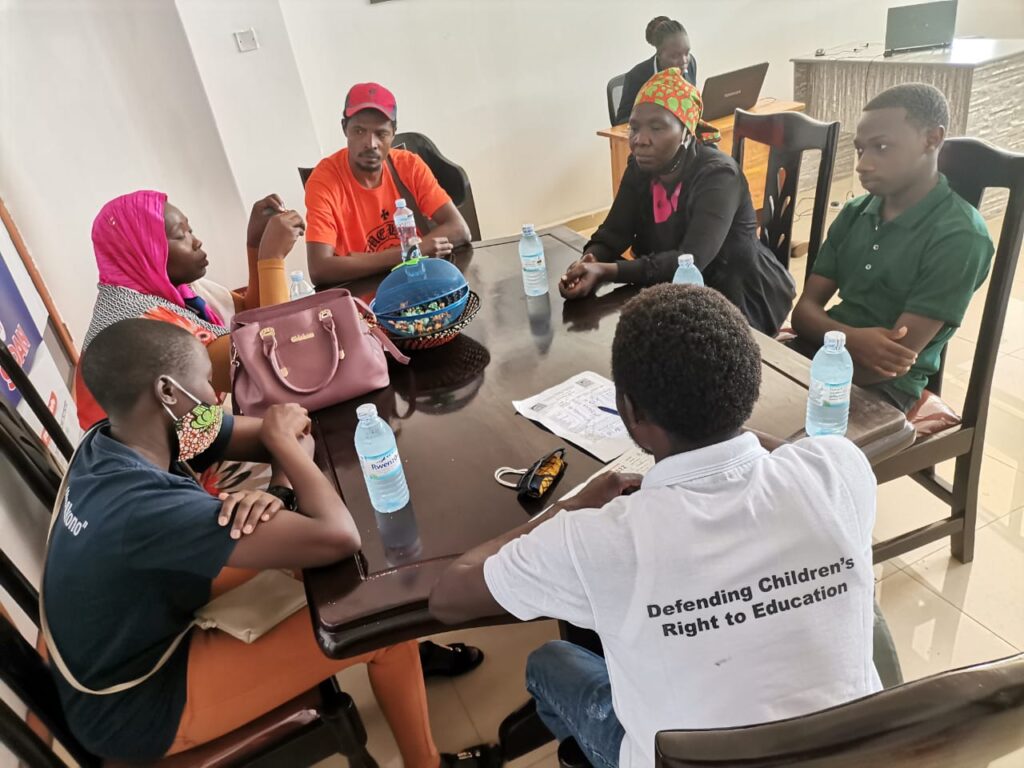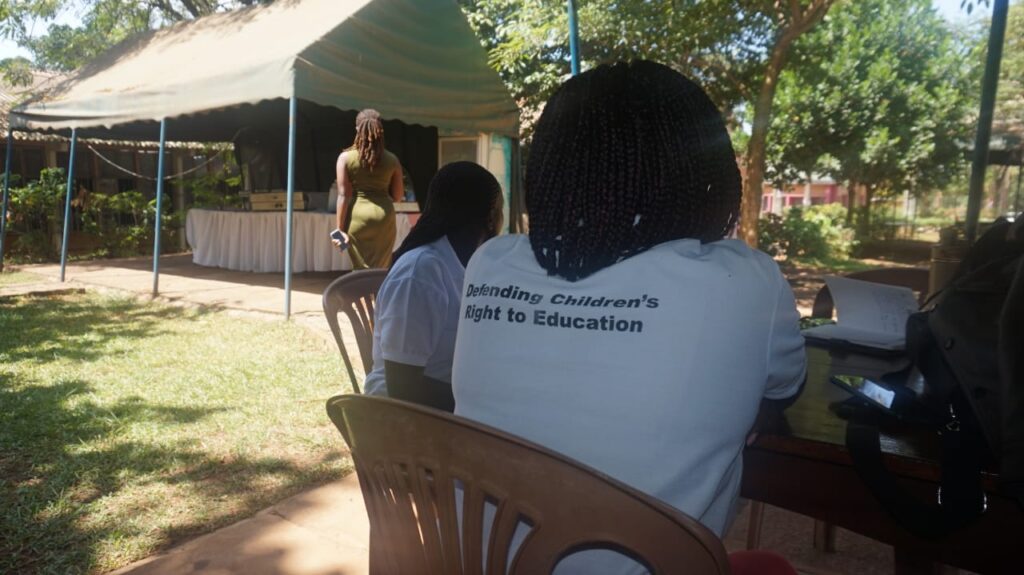“Early childhood care and education is more than preparation for primary school. It aims at the holistic development of a child’s social, emotional, cognitive and physical needs in order to build a solid and broad foundation for lifelong learning and wellbeing. It has the possibility to nurture caring, capable and responsible future citizens.”
The foundation once well built, accelerates the development of the full structure and so it is with quality pre-primary education of a child’s educational journey that every stage of education once they follow it right, will result into their success while pursuing their careers. Yet, despite the proven and lifelong benefits, more than 175 million children according to UNICEF nearly half of all pre-primary-age children globally are not enrolled in pre-primary education.
In many African countries, it is more than the data when talking about those children who start their pre-primary education from their early childhood. Children from poor families are the least likely to attend early childhood education programmes. For children who do have access, poorly trained educators, overcrowded and unstimulating environments, and unsuitable curricula diminish the quality of their experiences, thus their education in crisis.
Denying them opportunities to reach their full potential is due to a failure to provide quality early childhood education that limits children’s futures. It also limits the futures of countries, robbing them of the human capital needed to reduce inequalities and promote peaceful, prosperous societies.
Why should universal access to pre-primary education be a global priority?
⦁ Quality pre-primary education sets a strong foundation for learning.
⦁ Universal pre-primary education helps make education systems more effective and efficient.
⦁ Equitable pre-primary education is an effective strategy for promoting economic growth.
Children enrolled in at least one year of pre-primary education are more likely to develop the critical skills they need to succeed in school and less likely to repeat grades or drop out. As adults, they contribute to peaceful societies and prosperous economies. Evidence of the ways in which pre-primary education advances development exists around the world.


Yet, global disparities in enrolment persist. More than half of low- and lower-middle-income countries are not on track to ensure at least one year of quality pre-primary education for every child by 2030, as set out by the Sustainable Development Goals.
What should governments do to ensure pre-primary education for all?
Scale up investment
Pre-primary education provides the highest return on investment of all education sub-sectors. Yet, it receives the smallest share of government expenditure compared to primary, secondary and tertiary education.
Progressively grow the pre-primary system, while improving quality
Efforts to scale up access to pre-primary education should not come at the expense of quality. Quality is the sum of many parts, including teachers, families, communities, resources, and curricula.
Without adequate safeguards for quality, expansion efforts can intensify education inequities. It is only by investing in quality as education systems grow – not after – that governments can expand access and maintain quality.
Ensure vulnerable populations are not the last to benefit
Access to early childhood education has been slow and inequitable, both across and within countries. Worldwide, vulnerable children are disproportionately excluded from quality pre-primary education – even though it can have the greatest impact on them.
To ensure no child is left behind, Governments should adopt policies that commit to universal pre-primary education and prioritize the poorest and hardest-to-reach children at the start of the road to universality, not the end.
What does EIC do to advance pre-primary education?
EIC works to give every child a fair start in education. We support pre-primary education by:
Building political commitment to quality pre-primary education through evidence generation, advocacy and communication
Strengthening policies and advocating for increased public financing for pre-primary education
Bolstering national capacity to plan and implement quality pre-primary education at scale
Enhancing the quality of pre-primary programmes by supporting the development of quality standards, curricular frameworks, teacher training packages and more
Collecting data and generating evidence for innovative approaches that deliver quality pre-primary education for vulnerable children
Delivering conflict-sensitive early childhood education and psychosocial support to young children and their families in humanitarian situations


